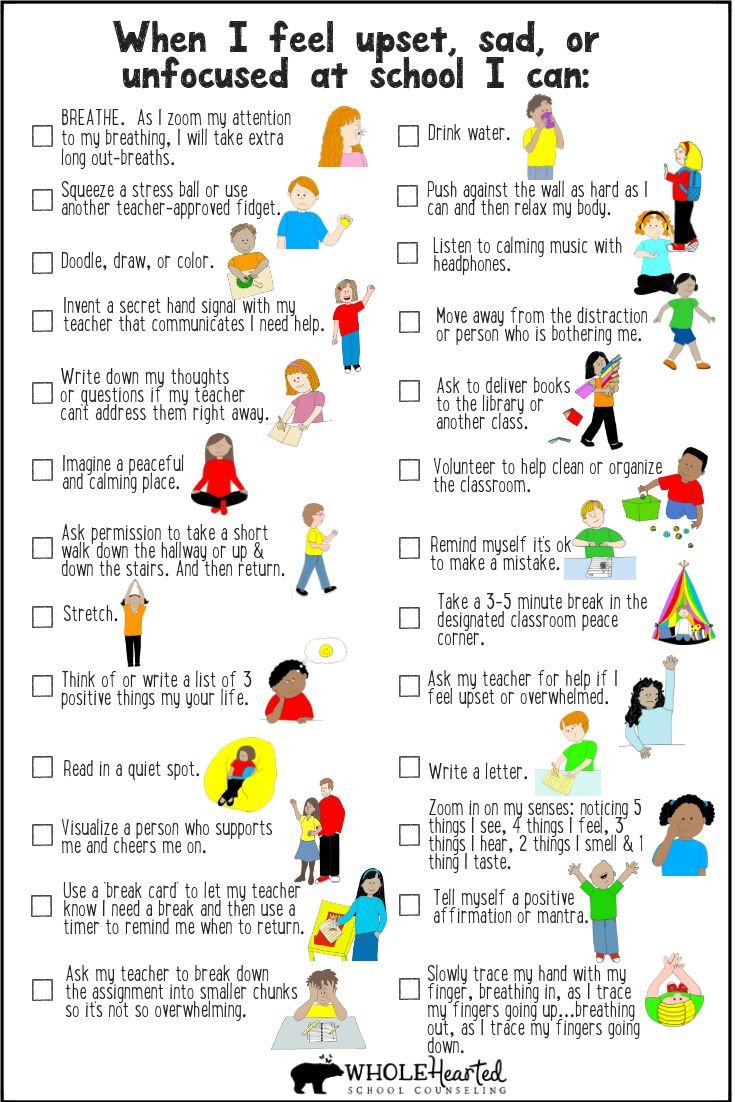Emotional Regulation Skills For Teens
Emotional Regulation Skills For Teens
Emotional regulation is a crucial skill for teenagers to develop, as it helps them effectively manage their emotions and cope with the challenges that come their way. By learning how to regulate their emotions, teens can improve their mental well-being, build healthier relationships, and excel in various aspects of their lives. In this article, we will explore some effective emotional regulation skills for teens, along with practical tips and techniques to help them cultivate these skills.
1. Understanding and Identifying Emotions

Before teens can regulate their emotions, they must first understand and identify them. Emotions can be complex, and sometimes, it may be challenging for teens to pinpoint exactly what they are feeling. Encourage teens to reflect on their emotions and help them identify common emotional states such as happiness, sadness, anger, fear, and frustration.
One effective way to help teens understand emotions is by using visual aids like emotion charts or wheels. These tools can assist teens in recognizing and labeling their emotions, facilitating better emotional regulation.
2. Practicing Mindfulness and Self-Awareness

Mindfulness and self-awareness play a vital role in emotional regulation. Help teens cultivate these skills by encouraging them to practice mindfulness exercises regularly. These exercises can include deep breathing, body scans, or guided meditation sessions.
Self-awareness involves paying attention to one's thoughts, emotions, and physical sensations without judgment. By developing self-awareness, teens can better understand their emotional patterns, triggers, and the impact of their emotions on their behavior. Encourage teens to journal their thoughts and feelings, fostering increased self-awareness.
3. Developing Healthy Coping Mechanisms
Teens often face challenging situations that can trigger intense emotions. It is essential to teach them healthy coping mechanisms to effectively deal with such situations. Encourage teens to explore various coping strategies and find what works best for them. These can include:
a. Physical Activities
Engaging in physical activities such as exercise, sports, or dance can help teens release pent-up emotions and reduce stress. Regular physical activity also promotes the release of endorphins, which are natural mood-enhancers.
b. Creative Outlets
Encourage teens to express their emotions through creative outlets such as art, writing, or music. These outlets provide a healthy and constructive way for teens to channel their emotions and process their feelings.
c. Seeking Support
Remind teens that seeking support from trusted individuals, such as friends, family members, or school counselors, is a sign of strength. Encourage them to open up about their emotions and seek guidance or advice when needed.
FAQs (Frequently Asked Questions)
Q1. How long does it take for teens to develop emotional regulation skills?
Developing emotional regulation skills is a continuous process that varies for each individual. It may take time and practice for teens to effectively regulate their emotions. Consistency and support are key to helping teens build this skill.
Q2. Can emotional regulation skills be learned in therapy?
Yes, therapy can be a helpful resource for teens to learn and strengthen their emotional regulation skills. Therapists can provide guidance, techniques, and a safe space for teens to explore and develop their emotional regulation abilities.
Q3. Are there any negative consequences of not developing emotional regulation skills?
Without proper emotional regulation skills, teens may experience difficulty managing stress, increased impulsivity, strained relationships, and potential mental health challenges such as anxiety and depression. It is crucial to support teens in developing these skills to ensure their well-being and resilience.
Remember, emotional regulation skills are lifelong skills that can benefit teens throughout their lives. By encouraging and practicing these skills, teens can build a strong foundation for their emotional well-being and overall success.
Emotional Regulation Worksheets For Kids Free Images - Gettrip24
 Image Source : gettrip24.blogspot.com
Image Source : gettrip24.blogspot.com Pin On Self Regulation, Emotional Regulation, ZONES Of Regulation
 Image Source : www.pinterest.com
Image Source : www.pinterest.com regulation teens activities emotional emotion zones emotions skills teen choose board
Impact On Twitter: "Look At This Awesome List Of Coping Strategies To
 Image Source : twitter.com
Image Source : twitter.com coping skills kids counseling school activities regulation self strategies tools calm children emotional students anxiety classroom management social regulate behavior
Emotional Regulation Can Be Tough For A Lot Of Kids Especially If They
 Image Source : www.pinterest.com.mx
Image Source : www.pinterest.com.mx Pin On Mental Emotion Welbeing
 Image Source : www.pinterest.com
Image Source : www.pinterest.com regulation coping regulated activities teenagers selfregulation adhd hes
Pin På Emotional Regulation
 Image Source : www.pinterest.jp
Image Source : www.pinterest.jp Awesome #benefits Info Are Readily Available On Our Internet Site. Take
 Image Source : www.pinterest.com
Image Source : www.pinterest.com regulation self strategies skills coping emotional kids list benefits emotions anger club activities choose board social
Controlling Emotions | Social Emotional Learning, How To Control
 Image Source : www.pinterest.de
Image Source : www.pinterest.de Awesome #benefits info are readily available on our internet site. take. Regulation teens activities emotional emotion zones emotions skills teen choose board. Coping skills kids counseling school activities regulation self strategies tools calm children emotional students anxiety classroom management social regulate behavior. Impact on twitter: "look at this awesome list of coping strategies to. Emotional regulation worksheets for kids free images